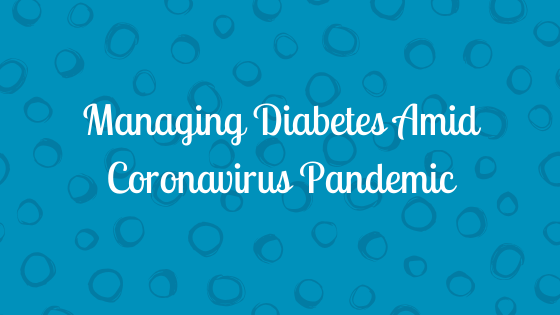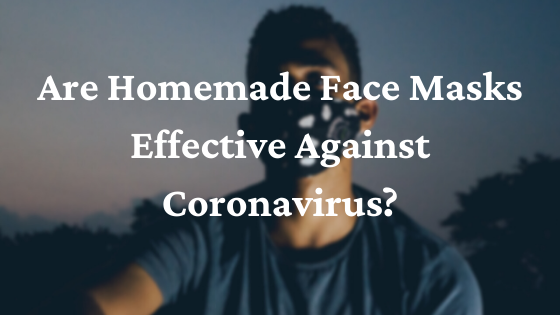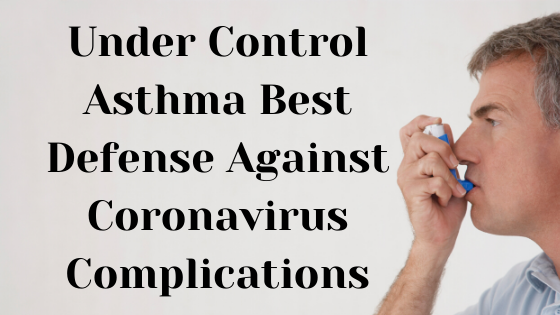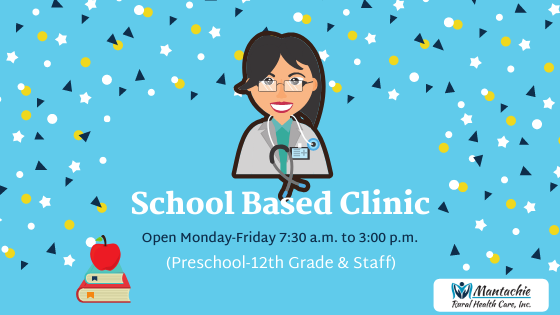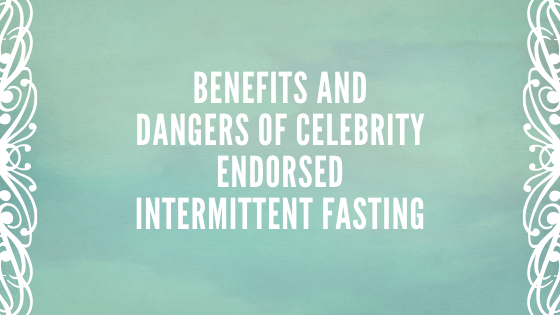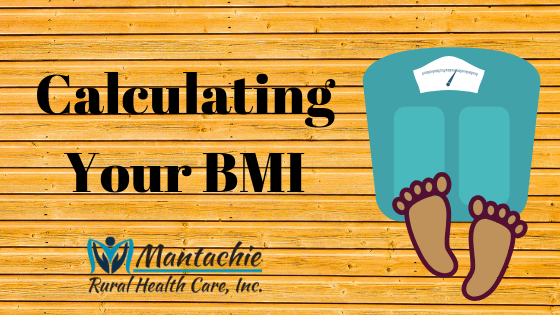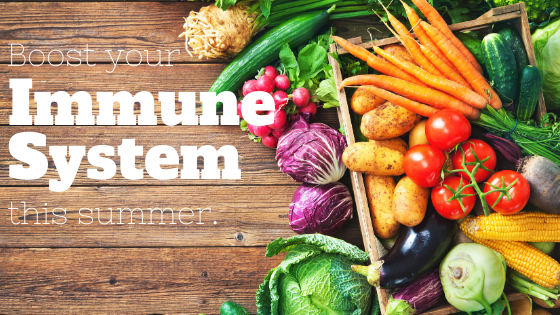
The sun’s shining and businesses are starting to reopen. While we’re relieved our numbers of COVID19 patients hasn’t overwhelmed our hospitals and medical system, we continue to be concerned about the threat of the virus. The majority of the most serious cases have happened in older adults with pre-existing conditions. This means keeping ourselves healthy has never been more important.
The best way to protect ourselves from any germs is to wash your hands using soap and water for twenty minutes and stay away from people who are sick. We can also protect others by wearing a mask when we go in public in case we’re the ones who are sick and don’t know it.
In addition to those important steps, we can boost our immune system with some pretty basic steps.
Eat Well
Our immune system comes from our gut. So, it is especially important during these times of reopening our world that we incorporate foods that boost our immune system. These foods and vitamins include:
- Protein – this helps with healing and recovery so make sure each meal or snack has a good source such as lean meats, eggs, seafood, poultry, nuts, seeds, soy products, etc
- Vitamin A – prevents infection. Foods that contain Vit A are sweet potatoes, broccoli, and carrots.
- Vitamin C – fruits like oranges, red bell pepper, etc contain vitamin c which helps build up the immune system.
- Vitamin E – foods such as cereal, almonds, and peanut butter contain this vitamin and is good to help with building immunity
- Zinc – helps with would healing. Foods such as milk, lean meats, and whole grains contain zinc.
- Other vitamins to help with immunity are B6, B12, Copper, Folate, Selinium, and Iron. These come in a variety of different foods. This is why it is so important to strive for a balanced plate of whole grain, vegetables, and lean proteins with each meal and snack.
Sleep Soundly
A National Institutes of Health study shows adults who sleep fewer than 6 hours every night are more prone to illness. Adults should get at least 7 hours of sleep every night. Teens need 8-10 hours of sleep and children up to 14 hours of sleep. So these long days with no school where your teen sleeps in until almost noon may be helping him stay healthy.
Some environmental factors which we can control that affect sleep include:
- Alcohol (which may help you fall asleep initially but is more likely to disrupt your sleep later and keep you from getting in the hours you need)
- Heavy meals
- Nicotine
- Caffeine
- Blue lights from electronics
We can’t control all the factors that lead to a poor night’s sleep. Stress, tension, anxiety, and depression can all interrupt our sleep. And we can agree there’s plenty of all those emotions to go around right now. If you’re struggling with these issues talk to a counselor. Finding strategies to cope with stress and depression will not only help you sleep more soundly but it can boost your immune system as well.
Some illnesses such as acid reflux or allergies and sinus problems may also inhibit sound sleep. You’ll want to talk to your medical provider about treatment not only for your sleep but for your long term health.
Water it down
Water is important to our overall health which is important for our immune system. See how that works? We all need to drink enough to make our urine pale yellow. Let your body be your guide. When you’re thirsty drink until you aren’t thirsty anymore.
Exercise, especially outside in warm weather, will use up our water stores more quickly. Keeping a bottle of water on hand during and after exercise is an important part of staying hydrated.
The internet has plenty of suggestions on how much water you need to drink every day. As long as you are staying hydrated–the pale yellow urine will let you know if you are–you’re doing great.
Move it, Move it
Our body systems weren’t built to be sedentary. We’re made to work and exercise regularly. Especially for those of us who are used to working hard but have been laid off this sudden shift can be hard on our bodies. Plan some time to exercise. Walk around the neighborhood. Hike where you can observe social distancing rules. Ride your bike. Plant a garden. We can do a lot without fancy gym equipment.
Many exercise gurus and gyms are offering virtual workouts. Find one and join in.
In addition to making our bodies healthier, exercise can help alleviate stress.
We can’t offer a fool-proof way to protect yourselves against the Coronavirus. If we could we’d all be back at work with no concerns by now. We can help you create a healthier body so you can fight back against all types of illnesses including the current COVID-19 crisis.
